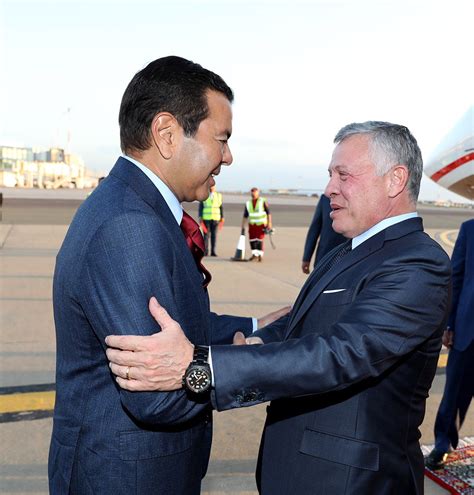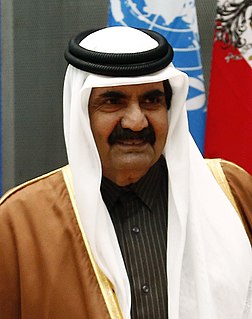A Quote by Richard Engel
When you look at - when you talk to people in Africa and across the Middle East, they're not satisfied with the way things are going. Sure, this idea of democracy was injected into the region, but it has brought mostly chaos.
Related Quotes
There's kind of a hidden point which isn't being brought out, and that is that it is inconceivable that the U.S. would permit democracy in the Middle East, and for a very simple reason. Just take a look at polls of Arab public opinion. They exist. You can't find them in the press, but they exist from prestigious polling agencies. Released by major institutions. And what they show is that if there was democracy in the Middle East, the entire U.S. program for domination of the Middle East would be down the tube.
I believe that the Iraqis have an opportunity now, without Saddam Hussein there, to build the first multiconfessional Arab democracy in the Middle East. And that will make for a different kind of Middle East. And these things take time. History has a long arc, not a short one. And there are going to be ups and downs, and it is going to take patience by the United States and by Iraq's neighbors to help the Iraqis to do that. But if they succeed, it'll transform the Middle East, and that's worth doing.
Israel's democracy is the bedrock on which our relationship stands. It's a shining example for people around the world who are on the frontline of the struggle for democracy in their own lands. Our relationship is also based on our common interest in a more stable and peaceful Middle East, a Middle East that will finally accord Israel the recognition and acceptance that its people have yearned for so long and have been too long denied, a Middle East that will know greater democracy for all its peoples.
When Teddy Roosevelt was around, there was an Ottoman Empire. There was a Habsburg empire. They controlled millions of people across Africa, the Middle East and Europe. And they're gone.Prosperity killed them, because they didn't have a way to hold the people together. They didn't have the rituals and the holidays and the pride in their country. And that's what we need if we're going to hold ourselves together during periods of prosperity.
This is one thing that's very interesting, how the people on the left always talk about separation of church and state. When you look at the theocracies all across the Middle East, where we look at constitutions that are based upon the Qur'an, I don't think you want to see that happening in the United States of America. So it is a theocratic political construct.
There are going to be a lot of questions, not just in my country, but across the Middle East. Is Israel going to continue to be "Fortress Israel"? Or, as we all hope, become accepted into the neighborhood, which I believe is the only way we can move forward in harmony. And no matter what's happening in the Middle East - the Arab Spring, et cetera, the economic challenges, high rates of unemployment - the emotional, critical issue is always the Israeli-Palestinian one.
Twenty-five years after the fall of the Berlin Walland the lifting of the iron curtain, troublespots abound: the Middle East and parts of Africa lack a stable regional security architecture; in east Asia, nationalist tendencies and competing ambitions are threatening peace and stability in the region and beyond.































